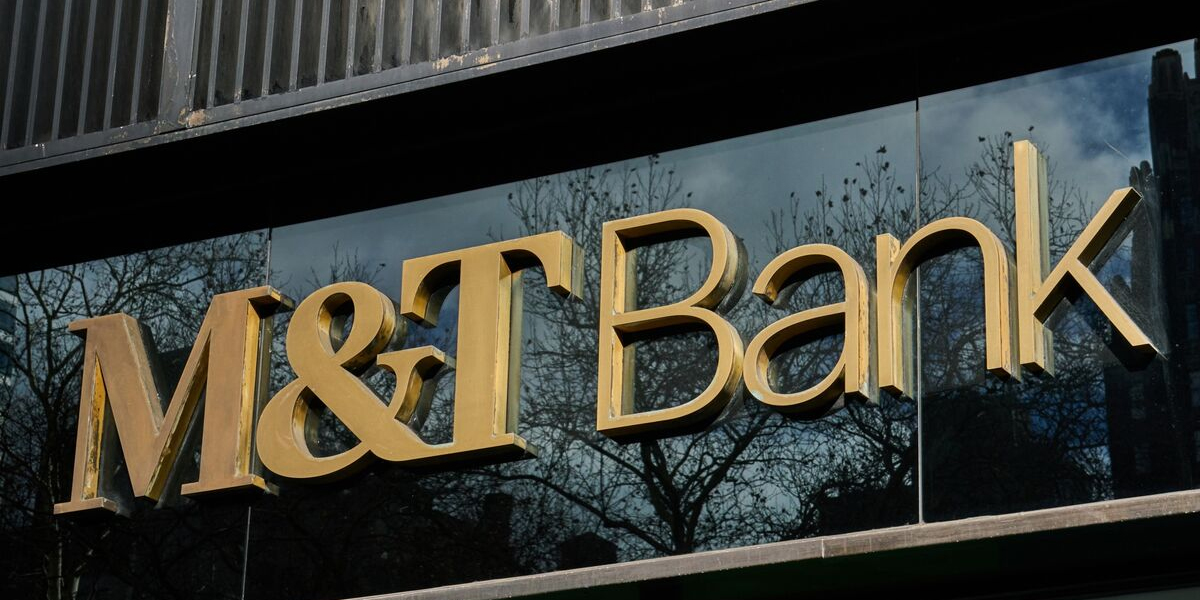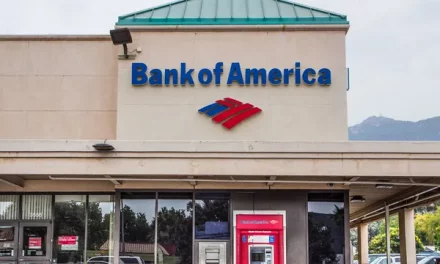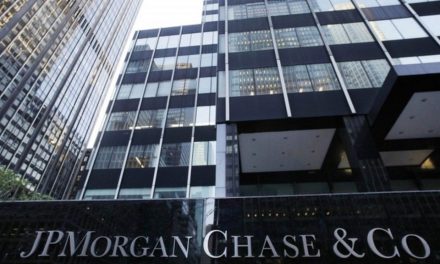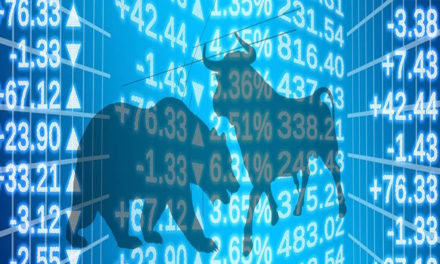The banking crisis in the United States appears to have gone up a notch as three major financial institutions reported a serious drop in deposits at the end of the first quarter of this year.
Customers at brokerage and financial consultancy Charles Schwab Corporation, regional bank M&T Bank Corporation, and custodian bank State Street Corporation, presumably spooked by the recent collapse of the Silicon Valley Bank in California, have withdrawn their funds from the institutions as they look for banks offering better returns.
Deposits at Schwab dropped by around 11% from the figure seen in the fourth quarter of last year. Meanwhile M&T Bank and State Street both reported a reduction of about 3%.
As State Street stock closed at $72.68 a share (a drop of 9.2%) on Monday, April 17th, it pulled down the stock value of two other banks, the Bank of New York Mellon Corporation and Northern Trust Corporation.
Meanwhile, Schwab’s share value was up by 3.9% and M&T Bank’s by almost 8% as Monday trading ended.
Still Stable Enough
Schwab, in particular, is currently recovering from the impact of the SVB crisis. As a result, it has paused stock buybacks at the moment. However, it has also assured depositors that it remains solvent despite the ongoing financial crisis.
To bolster this, Bain Rumohr, senior director at Fitch Ratings, declared that Schwab’s net revenue could experience moderate pressure throughout the remainder of the year, seeing how higher-cost funding sources could impact its net interest income.
Nevertheless, Rumohr added that the company’s current scale may be sufficient to support its profit margins at acceptable levels.
A Shaky Beginning
The results for these three banks made for a shaky beginning to a week that has been marked by the release of quarterly earnings reports from numerous regional lenders who also reported how the fall of SVB and the way UBS took over Credit Suisse has impacted their core businesses.
But these also underscore how many depositors are considering alternatives to conventional savings products, particularly those that promise better, higher-yielding rates.
Indeed, the competition to woo depositors has become fiercer in light of the SVB collapse with even non-banking entities teaming up with established banks to offer new savings products for customers.
Tech giant Apple, for instance, announced on Monday that they teamed up with Goldman Sachs to offer a high-yield savings account with the latter for Apple Card users. Offering a rate of 4.15% on savings, this product offers a rate at least ten times higher than the US average.














